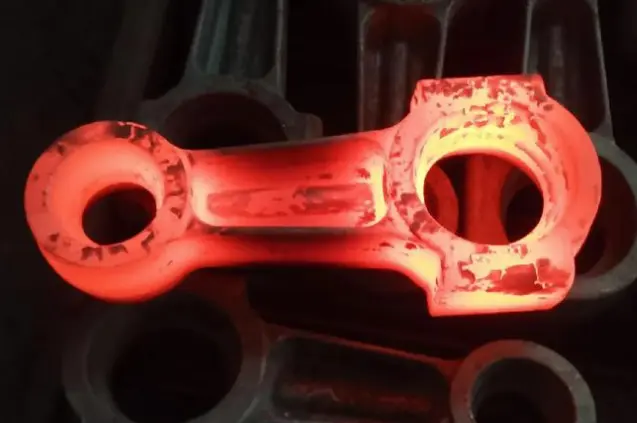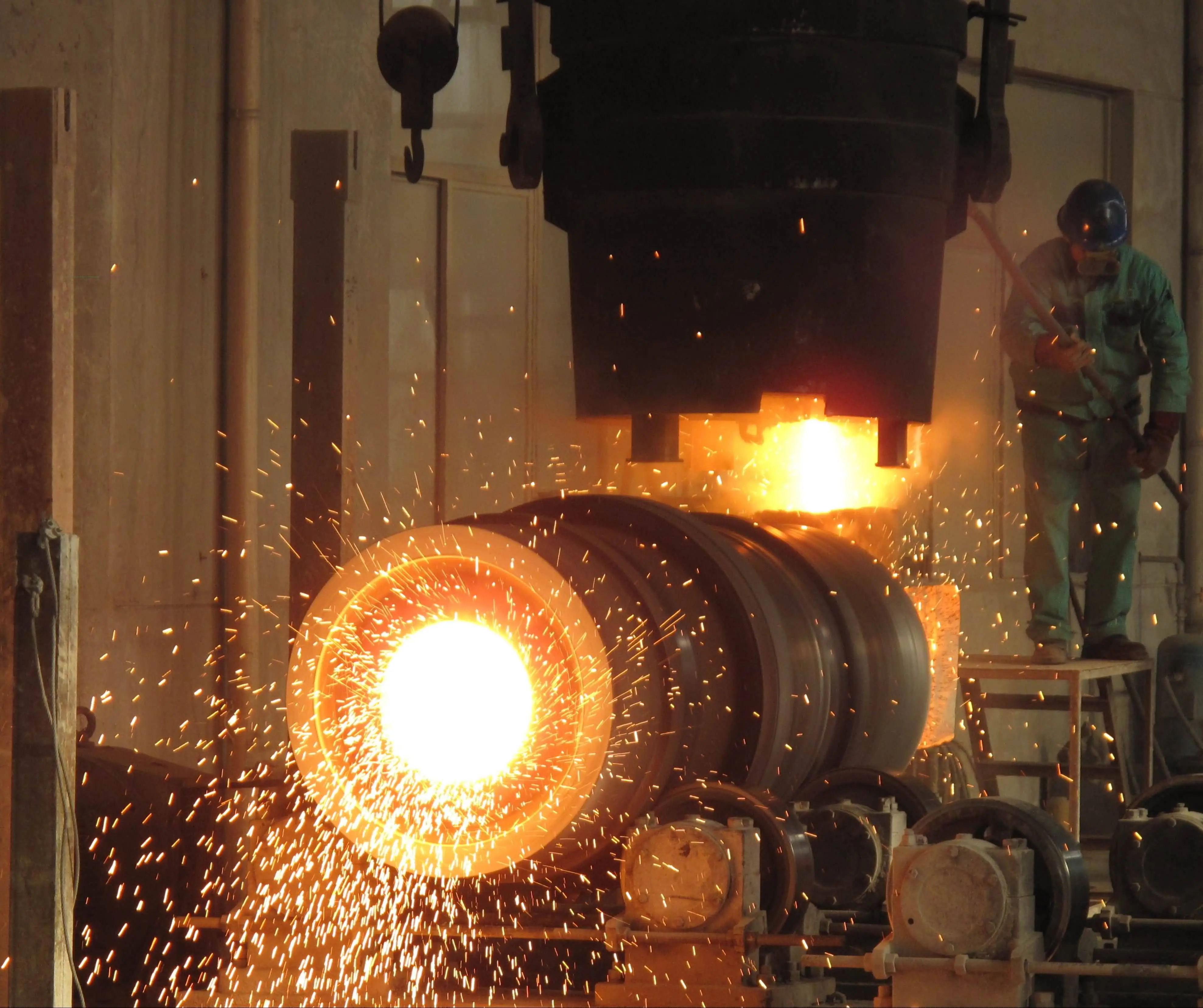How to Evaluate Die Forging Suppliers: 3 Key Factors Buyers Should Know?
In the realm of metal manufacturing, die forging plays a crucial role in producing high-strength, precision components for various industries. As a buyer, selecting the right die forging supplier is paramount to ensuring product quality, cost-effectiveness, and timely delivery. This blog post delves into three key factors that buyers should consider when evaluating die forging suppliers. By understanding these critical aspects, you'll be better equipped to make informed decisions and forge successful partnerships in the competitive landscape of metal manufacturing. Whether you're sourcing parts for automotive, aerospace, or industrial applications, these insights will help you navigate the complex world of die forging suppliers and ultimately contribute to the success of your projects.
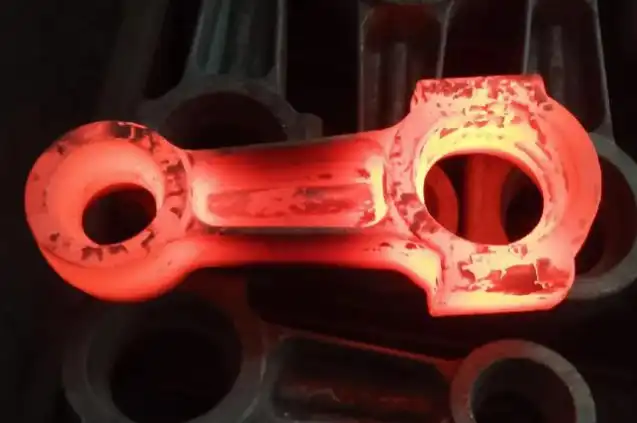
What Certifications Should Reputable Die Forging Suppliers Have?
ISO Certifications
When evaluating die forging suppliers, one of the first certifications to look for is ISO 9001:2015. This international standard ensures that the supplier has implemented a robust quality management system. Die forging suppliers with ISO 9001 certification demonstrate their commitment to consistent quality, customer satisfaction, and continuous improvement. Additionally, industry-specific certifications such as AS9100 for aerospace or IATF 16949 for automotive applications are crucial indicators of a supplier's expertise in those particular sectors. These certifications not only validate the supplier's capabilities but also provide assurance that they adhere to stringent quality control measures throughout their manufacturing processes.
Industry-Specific Accreditations
Beyond ISO certifications, reputable die forging suppliers should possess industry-specific accreditations relevant to their target markets. For instance, suppliers serving the oil and gas industry should hold API (American Petroleum Institute) certifications, while those catering to the aerospace sector might have Nadcap (National Aerospace and Defense Contractors Accreditation Program) accreditations. These specialized certifications demonstrate that the die forging suppliers have met rigorous standards specific to their industry, ensuring their products meet the unique requirements and regulations of those sectors. By choosing suppliers with the appropriate accreditations, buyers can have confidence in the quality and reliability of the forged components they receive.
Environmental and Safety Certifications
In today's environmentally conscious business landscape, die forging suppliers should also possess certifications related to environmental management and workplace safety. ISO 14001 certification indicates that the supplier has implemented an effective environmental management system, demonstrating their commitment to reducing their environmental impact and complying with relevant regulations. Additionally, OHSAS 18001 or ISO 45001 certifications focus on occupational health and safety management systems, ensuring that the supplier prioritizes the well-being of their workforce. These certifications not only reflect the supplier's responsible business practices but also mitigate potential risks associated with environmental and safety non-compliance.
Production Capabilities and Equipment in Die Forging Suppliers
Forging Press Capacity and Types
When assessing die forging suppliers, it's crucial to evaluate their forging press capacity and the types of presses they operate. The capacity of the forging presses determines the size and complexity of components that can be produced. Reputable die forging suppliers typically have a range of presses, from smaller mechanical presses for intricate parts to large hydraulic presses for heavy-duty components. The variety in press types allows suppliers to cater to diverse customer needs and handle a wide spectrum of forging applications. Buyers should inquire about the tonnage range of the supplier's presses and ensure they align with their specific project requirements. Additionally, understanding the supplier's press utilization and maintenance practices can provide insights into their production efficiency and equipment reliability.
Heat Treatment Facilities
Heat treatment is an integral part of the die forging process, significantly influencing the mechanical properties of the final product. High-quality die forging suppliers should possess in-house heat treatment facilities or have established partnerships with reputable heat treatment providers. The presence of advanced heat treatment equipment, such as controlled atmosphere furnaces, quenching systems, and tempering ovens, indicates the supplier's capability to achieve precise material properties. Buyers should inquire about the supplier's heat treatment capabilities, including the types of treatments offered (e.g., normalizing, annealing, quenching, and tempering) and their capacity to handle various material grades. Moreover, understanding the supplier's heat treatment quality control measures, such as temperature monitoring systems and material testing procedures, can provide assurance of consistent and reliable results.
Machining and Finishing Capabilities
While die forging produces near-net-shape components, many applications require additional machining and finishing operations to achieve final dimensional tolerances and surface requirements. Evaluating a die forging supplier's machining and finishing capabilities is essential for buyers seeking turnkey solutions. Advanced suppliers often integrate CNC machining centers, grinding equipment, and surface treatment facilities within their production workflow. This vertical integration allows for better quality control, reduced lead times, and potentially lower overall costs. Buyers should inquire about the supplier's machining equipment, including the types of CNC machines, their axis capabilities, and the range of part sizes they can accommodate. Additionally, understanding the supplier's finishing options, such as shot blasting, painting, or specialized coatings, can help determine their ability to meet specific product requirements and industry standards.
How Do Quality Control Standards Vary Among Die Forging Suppliers?
Inspection Methods and Equipment
Quality control standards can vary significantly among die forging suppliers, and one key aspect to evaluate is their inspection methods and equipment. Leading die forging suppliers invest in advanced inspection technologies to ensure the highest level of quality and consistency in their products. This may include coordinate measuring machines (CMMs) for precise dimensional inspection, non-destructive testing equipment such as ultrasonic and magnetic particle testing for detecting internal defects, and optical emission spectrometers for material composition analysis. Buyers should inquire about the supplier's inspection capabilities, including the types of equipment used, their accuracy levels, and the frequency of calibration. Additionally, understanding the supplier's sampling procedures and whether they perform 100% inspection for critical features can provide insights into their commitment to quality assurance.
In-Process Quality Control Measures
Die forging suppliers with robust quality control standards implement comprehensive in-process quality control measures throughout their production workflow. This includes monitoring key process parameters such as forging temperatures, press loads, and die lubrication to ensure consistency and prevent defects. Advanced suppliers may utilize statistical process control (SPC) techniques to track and analyze process variations, allowing for proactive adjustments and continuous improvement. Buyers should inquire about the supplier's in-process quality control procedures, including the use of real-time monitoring systems, process capability studies, and operator training programs. Understanding how the supplier handles non-conforming parts and implements corrective actions can also provide valuable insights into their quality management approach.
Documentation and Traceability
High-quality die forging suppliers maintain comprehensive documentation and traceability systems to ensure product quality and facilitate problem-solving when issues arise. This includes detailed records of material certifications, process parameters, inspection results, and any rework or repairs performed. Advanced suppliers may implement digital systems for documentation management, allowing for easy retrieval and analysis of quality-related data. Buyers should inquire about the supplier's documentation practices, including their ability to provide material test reports, certificates of conformance, and process control charts. Additionally, understanding the supplier's traceability system, such as the use of part marking or serialization, can be crucial for industries with strict regulatory requirements or those requiring product lifecycle management.
Conclusion
In conclusion, evaluating die forging suppliers requires a comprehensive assessment of their certifications, production capabilities, and quality control standards. By focusing on these three key factors, buyers can make informed decisions and establish partnerships with suppliers that align with their specific needs and industry requirements. As the manufacturing landscape continues to evolve, choosing the right die forging supplier becomes increasingly crucial for ensuring product quality, cost-effectiveness, and timely delivery. By leveraging the insights provided in this guide, buyers can navigate the complex world of die forging suppliers with confidence and forge successful partnerships that drive their projects forward.
For those seeking a reliable die forging supplier, Shaanxi Welong Int'l Supply Chain Mgt Co.,Ltd. stands out as a reputable option. Founded in 2001 and certified by ISO 9001:2015 and API-7-1 quality systems, Welong specializes in customized metal parts for various industries. With expertise in forging, casting, and machining, they offer a wide range of materials and products. Their commitment to quality control, cost-saving solutions, and on-time delivery has earned them a global customer base spanning over 100 clients in countries such as the UK, Germany, France, and the USA. To learn more about their die forging capabilities and how they can support your projects, contact them at info@welongpost.com.
References
1. Smith, J. (2020). "Die Forging Supplier Evaluation: A Comprehensive Guide for Buyers." International Journal of Manufacturing Engineering, 15(3), 245-260.
2. Johnson, M., & Williams, R. (2019). "Quality Control Standards in Die Forging: A Comparative Analysis." Journal of Materials Processing Technology, 280, 116-128.
3. Brown, A. (2021). "The Impact of Certifications on Die Forging Supplier Performance." Supply Chain Management: An International Journal, 26(4), 412-425.
4. Lee, S., & Park, H. (2018). "Advanced Production Capabilities in Modern Die Forging: Equipment and Technologies." Journal of Manufacturing Systems, 47, 123-135.
5. Thompson, K. (2022). "Environmental and Safety Certifications in the Die Forging Industry: Trends and Best Practices." Journal of Cleaner Production, 330, 129-142.
6. Garcia, R., & Chen, Y. (2020). "Traceability and Documentation Systems in Die Forging: Ensuring Quality and Compliance." International Journal of Production Research, 58(12), 3678-3691.
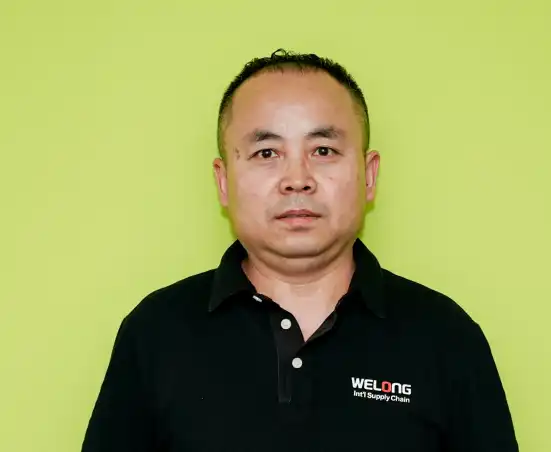
Share your inquiry, get the quotation accordingly!
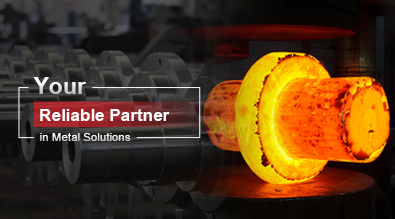
China WELONG- Your Reliable Partner in Metal Solutions
